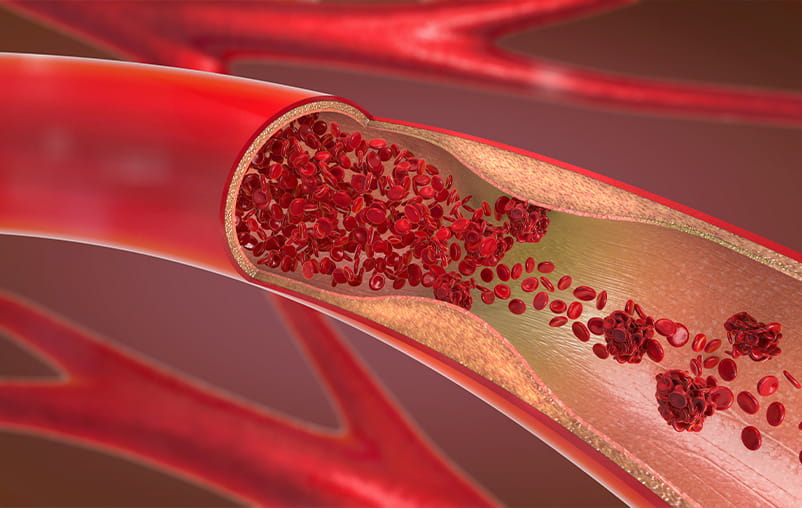The holidays are right around the corner, and with them come tempting treats that threaten to derail healthy eating habits. From Halloween candy to seasonal desserts, it can be challenging to enjoy the holidays in moderation. It can be especially hard for people with diabetes, who need to keep a close eye on sugar and carb intake.
Carlie Hansen is a registered dietitian and diabetes educator with the University Health Texas Diabetes Institute. She discusses the importance of balancing nutrition during the holidays, especially for people with diabetes.
Too Many Carbs Can Cause Spike in Blood Sugar
Carbohydrates are an essential part of a well-rounded diet. But for people with diabetes, they can cause your blood sugar to spike. This is because your body digests carbohydrates by breaking them down into sugar, which go into your bloodstream.
“We need carbs, but at the same time, we need to be careful about how much we have at one time so our blood sugar doesn’t go too high,” Hansen said. Eating too many carbs at once can cause a spike.
Effects of Blood Sugar Spikes
In the short term, spikes in blood sugar can cause a “sugar rush” and subsequent “crash,” making you feel lethargic after a meal.
In the long term, blood sugar spikes in people with diabetes can contribute to heart and kidney problems, nerve pain and vision changes.
Good vs. Bad Carbs
Prevent blood sugar spikes by choosing “good carbs” in moderation. For example, “Two slices of toast would be two sources of carbohydrates,” Hansen said. Fresh fruit is another good option because it is a source of natural carbohydrates and is high in fiber. Learn more about the role carbs play in our diet in this blog.
Choose Water Over “Liquid Candy”
Hansen cites sugary beverages like soda and juice as the biggest culprits. “I like to refer to these as liquid candy because they’re truly made of sugar,” Hansen said.
Benefits of Drinking Water
While it may be fine to have an occasional soda, water is your best friend. Staying hydrated with water can:
- Curbs your appetite before and after meals
- Help remove sugar and waste through urination
- Lubricate joints
- Promote healthy digestion
- Regulate body temperature
Tips for Healthy Holiday Eating
The Centers for Disease Control and Prevention has these tips for healthy eating during the holidays:
- Grab a smaller plate at a buffet or party to control portions
- Don’t punish yourself. Indulge in your favorites while keeping the portions small
- Get moving after each meal – take a walk through the neighborhood
- Get enough sleep to help your body regulate your blood sugar
Plus, get diabetes-friendly tips from our blog about eating healthy while dining out.
“Holidays are meant to be enjoyed, but moderation is key,” Hansen said.
Diabetes Education at University Health
Need extra support managing your diabetes? The diabetes educators at Texas Diabetes Institute are here for you. Learn more about classes at the Texas Diabetes Institute.
Managing diabetes can feel overwhelming, but at the Texas Diabetes Institute, patients have the support of our multispecialty team. Our experts in diabetes care and research create tailored care plans that fit each person’s lifestyle, helping them build healthier habits and improve their quality of life every step of the way.
Community Resources
Whether you receive care from us or not, you can find community resources related to diabetes care through our Institute for Public Health.
Diabetes is a long-lasting health condition — left unmanaged could lead to other health complications.
Our free online risk assessment only takes a few minutes. It will help you better understand your risk of developing Type 2 diabetes and how you may be able to lower it.




